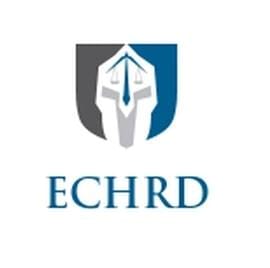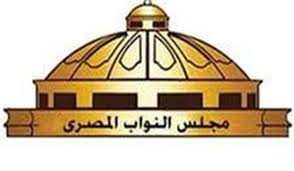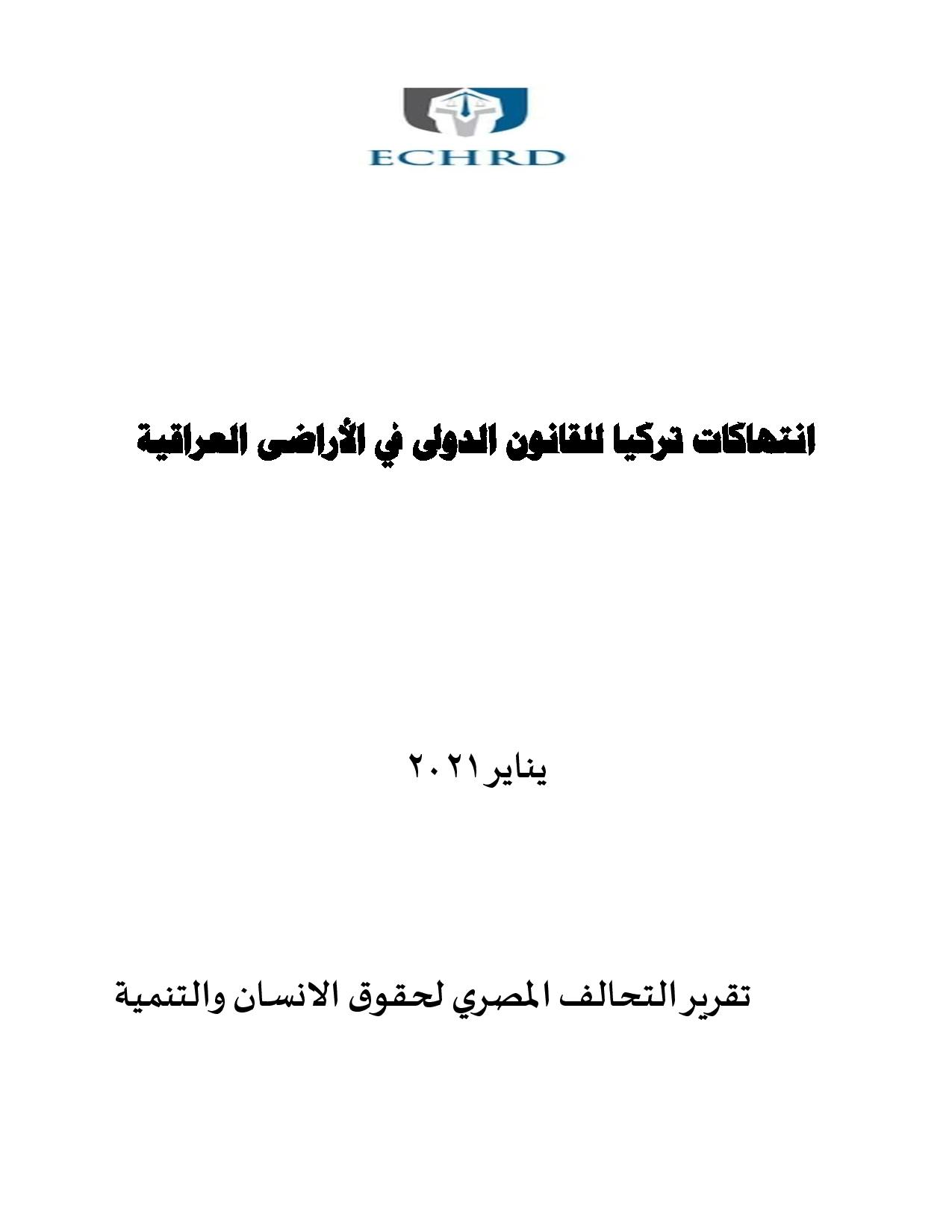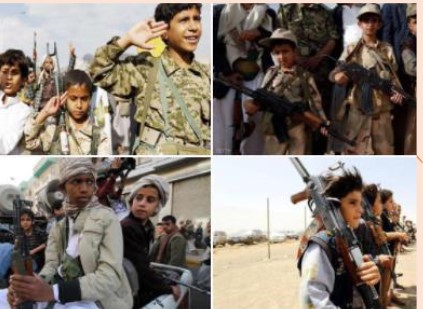Wednesday 6th January 2021
Press Release
The Electoral Observatory at the Egyptian Alliance for Development and Human Rights issues a report of results of field follow up of parliament elections of 2020
……………………………………..
On Wednesday, 6th January 2021, the Egyptian Alliance for Development and Human Rights (EADHR) issued a report about the results of field follow up which EADHR has done to follow up the parliament elections of 2020 according to the international mechanisms of elections following up and the Egyptian constitution and law.
The report includes two main chapters. The first chapter is related to the public atmosphere where the elections of 2020 parliament have been conducted (the general context, legislative and political environment, the authority supervising elections in Egypt “The National Elections Commission”). The second chapter includes the electoral process, electoral propagandaThe report tackles a number of important axes which are related to the results of following up parliament elections of 2020, the most important of which are: , electoral appeals, reviewing the general trends of the first stage voting, reviewing the general trends of the second stage voting, field following up of parliament elections of 2020 and concluding remarks and recommendations
The report tackles a number of important axes which are related to the results of following up parliament elections of 2020, the most important of which are:
Political Environment of the Elections: the report mentions that the political environment in Egypt is formed from the base passing by the middle till the top. The base includes the citizens; the middle represents the middle class while the upper middle class includes interest groups with parties, political movements, CSOs, syndicates, unions, coalitions and others. Also below the top is the executive authority, the middle top represented by the legislative and judicial authorities and on the top is the president and the head of the executive authority
Political Pluralism in Egypt: the report draws attention to that the parliament elections have raised many issues related to political and party life, political participation, competition and the roles required by the existing community institutions. The report reveals that after January Revolution, there were group of facilitating amendments to build upon parties law so that their number currently reach more than 108 parties. Also according to the report, a wide sector of Egyptian citizens in political parties lacks political knowledge and that lack of political vision and intellectual reference for many political parties resulted in disappearance of many parties which were established during the last period.
The legal framework governing the nomination process: the report mentions that the legal framework which governs the parliament elections bases on five main poles which are law of regulating practice of political rights, law of parliament, quorum winning in elections, the necessity of continuing electoral acapacity and medical examination. Regarding the legislative environment before the parliament and the most important laws issued during its term, the report reveals that the parliament has approved through five legislative terms great number of important laws which serve citizens among which are law of civil service, traffic law, anti-terrorism law, law of money laundry and other important laws, the most of which mainly related to citizens’ lives directly.
The Status of Elections Impartiality in Egypt: the report points out that the National Election Commission has committed to the constitution and complies with the legal framework and its regulations in addition to implementing tasks impartially. Generally, the state’s performance was characterized by being positive and impartial in a way which coincides with known principles without any violations which may affect the safety of electoral processes. In addition, most of candidates and parties did not commit to the legal framework and electoral systems, yet the elections witnesses some violence incidents by the candidates’ supporters especially supporters of Islamic parties.
The Security Situation of the Electoral Process in Egypt: the report reveals that the security bodies and services were at the level of responsibility in all constitutional benefits related to the elections. The security forces were keen on keeping security and safety of all citizens and kept the course of the electoral process and did not interfere in the voting process.
Electoral Propaganda: in regard to the electoral propaganda, the report draws attention that the manifestations of electoral propaganda have witnessed an interesting phenomenon represented in the sportsmanship of a significant number of candidates and that the governorates witnessed a remarkable development in propaganda means for candidates in the parliament elections. Also propaganda through screens prevailed instead of cloth banners and increasing dependence on social media means. On party level, the report reveals that the political parties continued in supporting their candidates whether for individual seats or for lists system through field meetings, presenting electoral programs and activating social media platforms to communicate with youth and listen to their problems and demands. In regard to using NGOs in electoral propaganda, the report points out that some of NGOs’ donors depended mainly on these NGOs to access political and legislative positions
Electoral Appeals: as for the electoral appeals, the report mentions that all submitted electoral appeals and reviewed by the Administrative Court and Administrative Supreme Court at the Council of State were monitored as they all characterized by political argument among candidates. About 90% of these appeals were refused as the refusal reasons varied from criminal sentences against them and other reasons related to incomplete documents or failure to perform military service.
Reviewing the general trends of the first-stage Voting: the report draws attention to that the main numbers of the total electoral scene have shown how much the society was keen and interested in the parliament elections as being the main legislation chamber and the most important representative entity; the matter which is reflected by the general indications of nomination numbers. In addition, the report reveals number of important notes and reviews in regard to the general trends of the first-stage voting, the most important of which was that the number of candidates for competition over the individual seats after the end of appeal and concessions period reached 3964 candidates with an average of 147 candidates for each governorate, 48 candidates for each constituency and 14 candidates for each seat from the seats dedicated to individual system; which reveals the high competitive rates and increased interest by the Egyptian elite in participation. The first stage included 1862 candidates for individual seats with an average of 26.6 candidates for each constituency and 13.1 candidates for each individual seat in addition to 568 candidate representing main and substitute members for competition over seats dedicated for closed lists systems in the second and third constituencies included in the lists of “Nadaa Misr” and the unified national list “For Egypt”.
Reviewing the general trends of the second-stage Voting: the report reveals that the electoral process includes voting competitiveness in 13 governorates representing the two regions of Cairo, Central Delta, Al Sharqaya and West Delta with a total of 72 constituencies for which 142 seats are dedicated for system of electoral lists and 141 seats for individual system. The ratio of participation in the second stage of parliament elections of 2020 reached 29.5% with 9.289.199 voters from a total of 31.480.127 electors.
field following up of the parliament elections of 2020 by the Egyptian Alliance observers: the report reveals that the observers of the Egyptian Alliance for Development and Human Rights have monitored some irregularities in the parliament elections of 2020 which did not reach the level of violations and which did not greatly affect the course of the electoral process, the most prominent of which were delay in opening some voting committees, propaganda during the period of electoral silence, directing and guiding voters in front of voting committees and offering electoral bribes.
Final Concluding Remarks
According to what has been monitored by the observers of the Egyptian Alliance for Development and Human Rights, the report concludes some final remarks as follows:
The electoral process in its four stages in general has characterized by clear impartiality by state institutions since the observers at the Egyptian Alliance did not monitor any interventions to affect the voters’ will.
The National Elections Commission played its role in supervising and following up the course of the electoral process in all its stages. In addition, the observers followed up the commission’s commitment to the sentences of administrative courts sentenced by courts during the period of appeals and the rapid response by the National Elections Commission to implement the courts sentences.
The entrusted forces committed to applying law under the supervision of the National Election Commission and existed only outside the committees in addition to implement the commission’s orders and instructions to keep security inside the electoral environment.
The observers of the Egyptian Alliance for Development and Human Rights did not monitor any directions by the media means owned by the state to influence the voters. In addition, the observers monitored that the public and private media means have dedicated wide space to cover the elections in addition to hosting and interviewing number of NGOs representatives, researchers and human rights activists to explain and simplify the electoral system for the audience. In this regard, the alliance staff recommends the necessity of issuing legislation to criminalize paying money or distributing in-kind materials to the voters during voting. Also the alliance calls the National Election Commission to necessarily implement and apply the law texts on some candidates in case of violating rules of electoral silence.








